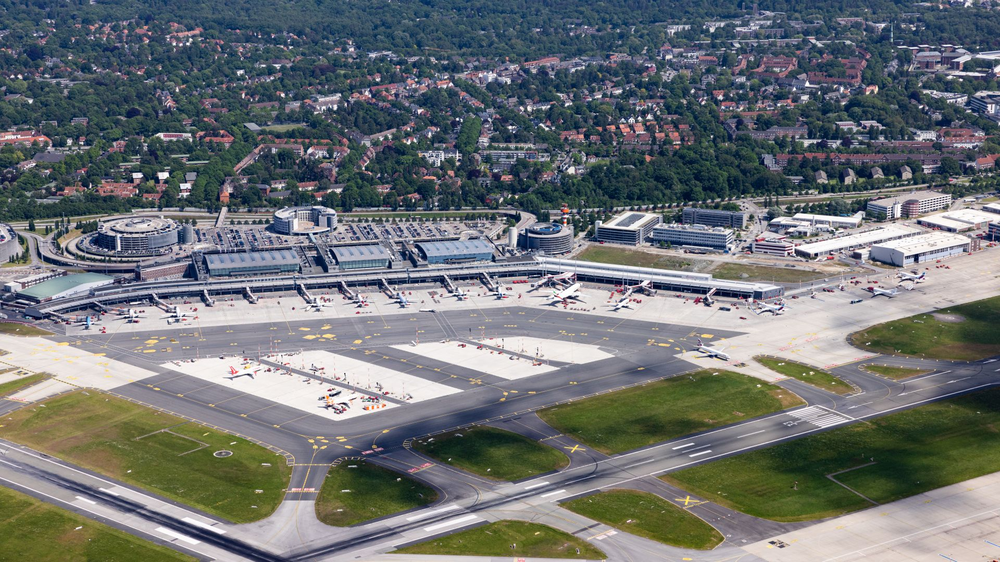THOR

Oliver Sorg
Towards Zero Emission Airports
Duration: 1.January.2023 - 31.December.2025
The Federal Government is pursuing the goal of transforming the German economy into the most energy-efficient economy in the world and of halving primary energy consumption in the long term. Airports with their high energy requirements can also contribute to this goal. The "Towards Zero Emission Airports" (THOR) project initiated by DLR aims to develop ways of reducing airport energy consumption, reducing emissions and increasing energy efficiency.
THOR explores possible pathways to zero-emission and energy-efficient airport operations, which European airports have committed to by 2050.
Based on current potential analyzes and future scenarios, the project considers technologies and processes to be able to operate airports both ecologically and economically. The airport is viewed as a holistic system with various operational areas and stakeholders. This allows higher-level and coordinated control, in which positive effects can still be multiplied.
THOR goes beyond the pure processes for handling passengers and cargo at the airport and considers the airport as an entire energy system. The aim is to examine how infrastructure at the airport will have to be designed in the future in order to cover energy requirements in a sustainable manner. This includes questions about energy load, energy generation and storage as well as the use of different energy sources depending on the operational airport operations.
The central goal of THOR is a detailed roadmap towards the Zero Emission Airport. This will provide an overview of which technologies, processes and infrastructure are recommended for achieving a zero-emission airport and when they will be used by whom. The researchers involved will create and evaluate concepts and models and classify and summarize them under ecological, technological, transport, economic, energy policy and social aspects.
Six DLR institutes from a wide variety of areas have come together under the direction of the Institute for Flight Guidance to implement the project holistically:
- DLR Institute of Flight Guidance (FL) (coordinator)
- DLR Institute of Air Transport (LV)
- DLR Institute for Data Science (DW)
- DLR Institute for Transportation Systems (TS)
- DLR Institute for Networked Energy Systems (VE)
- DLR Institute of Combustion Technology (VT)
The Institute of Air Transport contributes to this project by developing models to depict the effects of technological measures on emissions and economic parameters as well as the interaction of the various stakeholders at the airport. In addition, the Zero Emission Roadmap, including beneficial regulatory measures, is being developed in cooperation with the other institutes involved.
